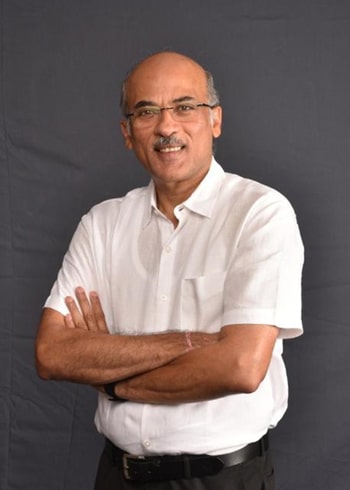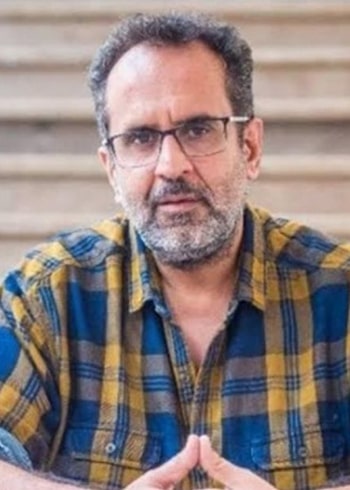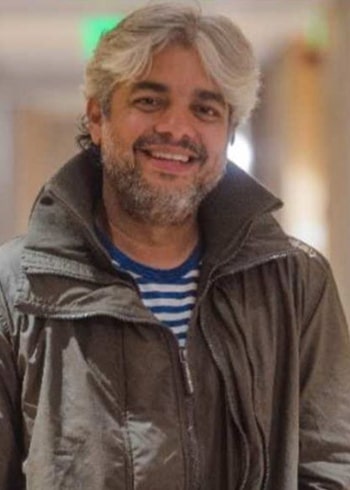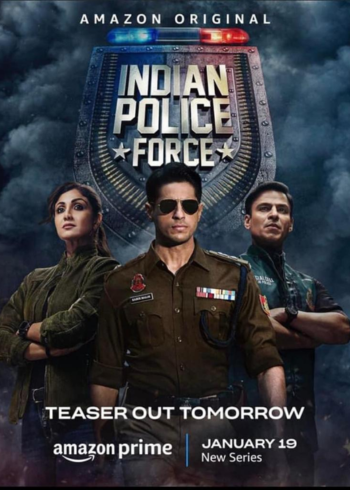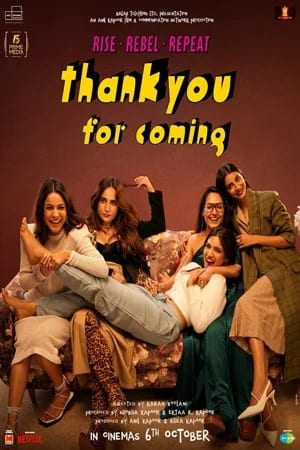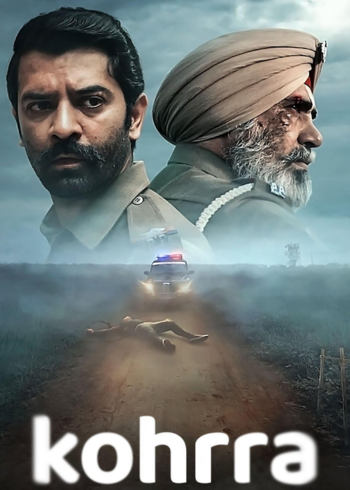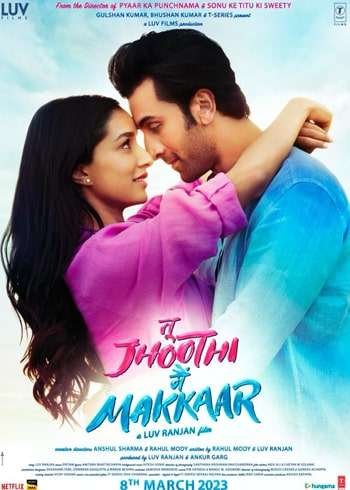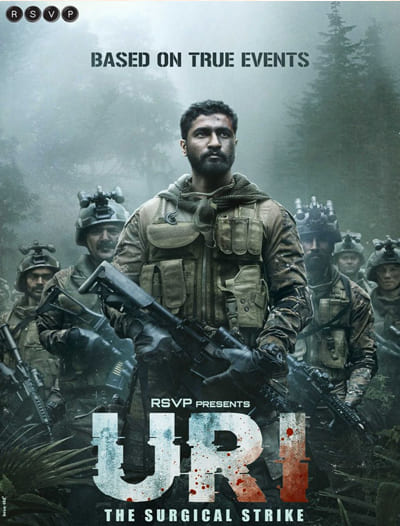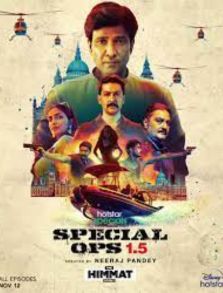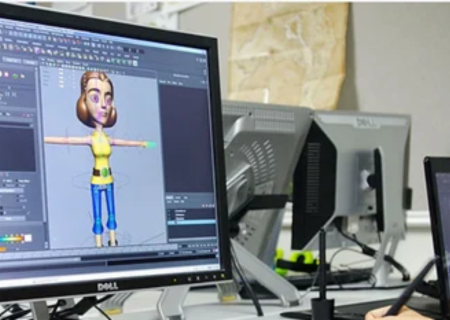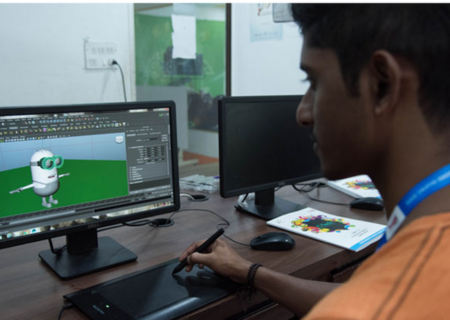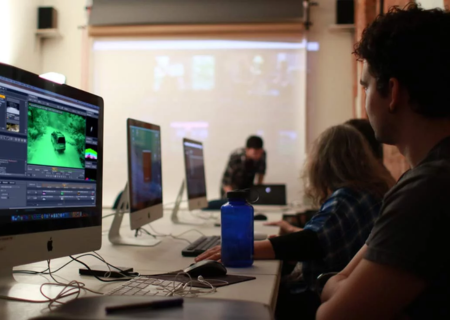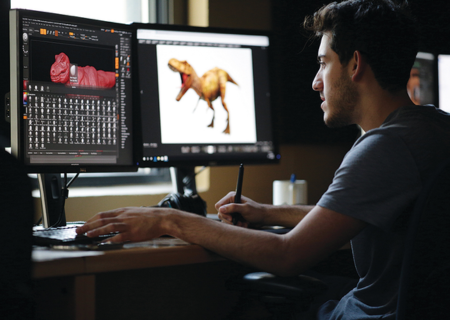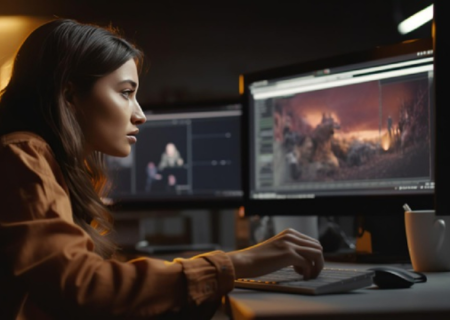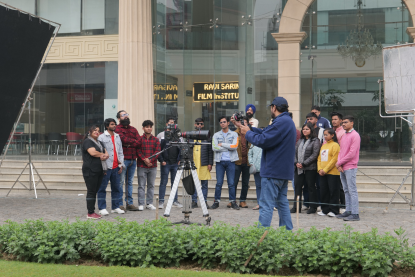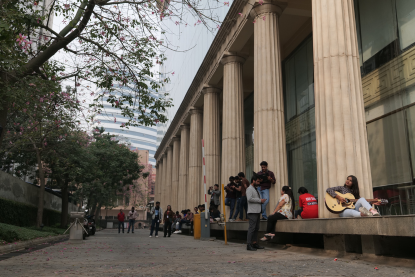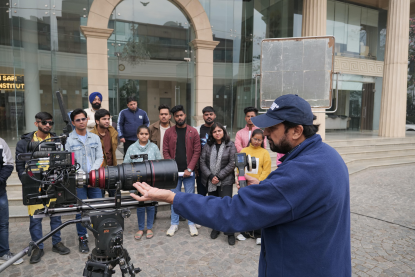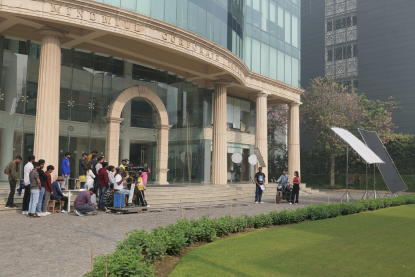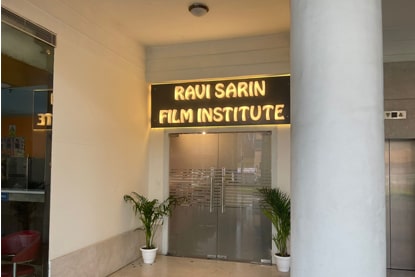B.Sc in Cinema (Specialization In
Sound Editing)
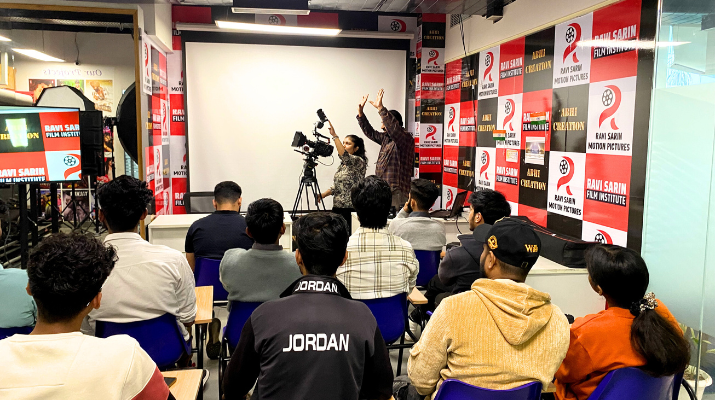
Our Top Recruiters
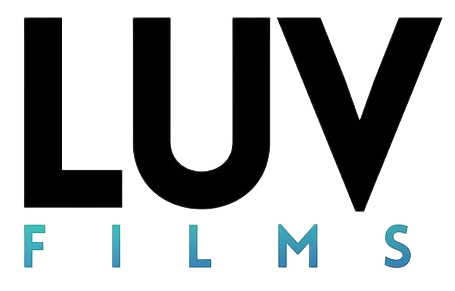





RSFI Institute Offer B.Sc in Cinema
(Specialization in Sound Editing)
of Cinema alumni! From aspiring students to industry pioneers,
watch their remarkable journeys as actors, directors, and sound
editing experts. Dive deep into sound editing excellence with RSFI's
acclaimed BSc program. Start your cinematic journey and unlock
limitless opportunities at RSFI, the ultimate
destination for aspiring filmmakers.
Key Learnings
- The technical know-how of filmmaking
- Understanding the context of filmmaking
- Writing a script for documentary films, movies, short films, OTT platforms, etc.
- How to make a pitch and promote your work
- Making a pitch and promoting your work
- The ability to work independently and collaboratively
- The foundational basics of sound editing
Course Projects
Project 1
Directing and producing 10-12 minutes short film
Project 2
Directing and producing 15-20 short film
Project 3
Full-fledged specialized showreel at the end of the course
Project 4
Producing a news bulletin
Project 5
Writing script for films, TV and news production
Project 6
Developing news packages
Our Syllabus
- Focuses on reducing stage fright, developing confidence and understanding presentation skills.
- Introduction to core forms and concepts of films.
- Understanding primitive, early cinema and enhancing the basic knowledge of films.
- Introduction to still photography and design technology.
- Application and importance of technology in the field of photography.
- Introduction to Adobe Photoshop.
- Directing and producing individually.
- Developing advanced acting and directing skills.
- Exploring the history of cinema after WW I and WW 2.
- Importance of lightning and cinematography in storytelling.
- Understanding the art of film and video editing.
- Learning the techniques and practice of assembling the shots into a coherent film and TV program.
- The importance of elements like movements, camera, lighting, make-up, sets, props, etc., in a composition of frame or shot.
- Learning to interpret the mood, character, and story of the movie.
The early years of Indian cinema through screening, discussions and reviews.
- Aesthetics of make-up, costumes and jewellery.
- Understanding the significance of costumes and make-up in the entertainment industry.
- Developing the sense and ability of the craft.
- Directing and producing montage and music videos individually.
- Understanding the process of cutting up a film and editing it.
- Specialization in Cinematography, covering the concepts of Composition, lighting, equipment selection, camera movement, visual effects to give the audience a fulfilling cinematic experience.
- In this subject, students will learn to perform the role of the cinematographer as technician, manager and storyteller.
- They will acquire hands-on skills with grip, electric and camera equipment.
- They will learn how these skills can be applied to workflows in pre-production, principal photography and post-production.
- Introduction to the different cultures and art forms.
- Understanding the essence of religions, history, political theories, beliefs, and language.
- Exploring Iranian, French, Latin and Korean cinema.
- Screening, discussions, and reviews of the films.
- Learning individually to direct and produce 10-12 minutes short films.
- Developing a sense of selecting the right location, conceiving 3D visuals.
- Developing the feel and look of each frame.
- Learning to supervise the décor and sticking to budget allocation.
- Introduction to a broad range of ethical and legal issues pertinent to film and media.
- Analysing techniques to deal with moral dilemmas.
- Analysing moral, legal and ethical conduct pertaining to professional communication.
- Understanding the rise of Indian cinema in the 90s and beyond.
- Learning how to market and distribute films around the globe.
- Understanding the trends of distribution and exhibition of films in the current scenario.
- Directing and producing 15-20 minutes non-fiction film.
- Specialization showreel










